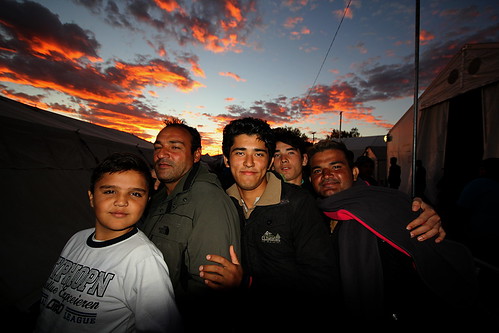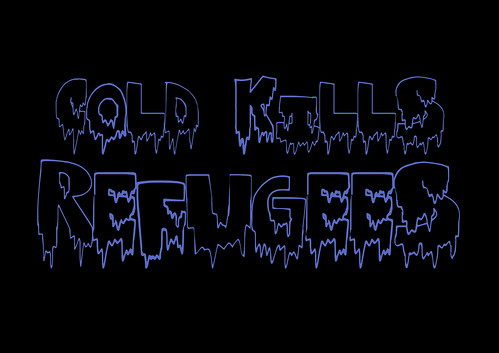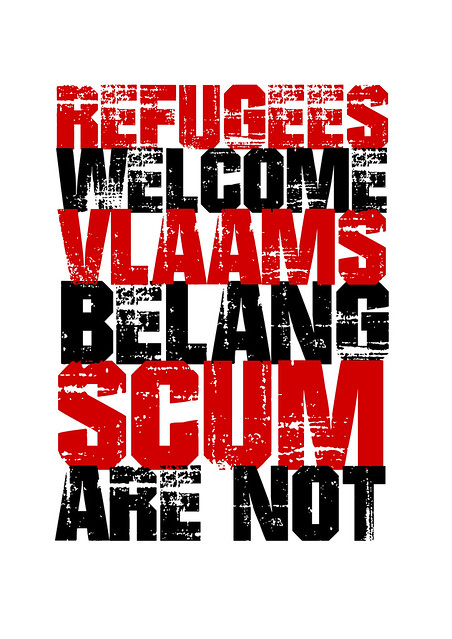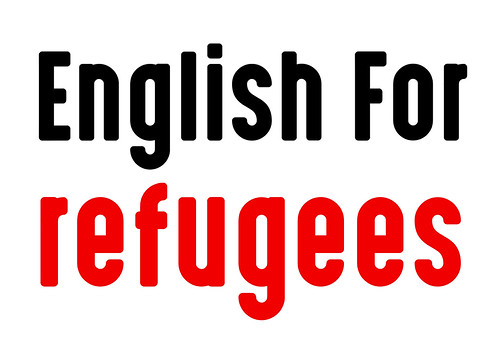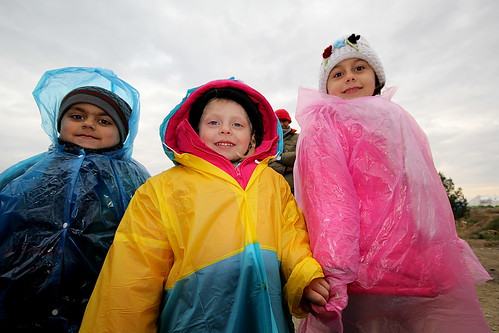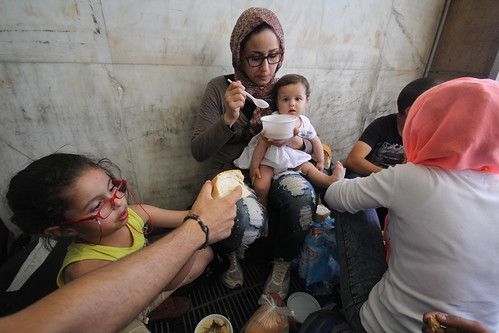I'm not sleeping. Or rather I'm not sleeping enough. Every night this week I've woken up around 4 or 5 o'clock and been unable to get back to sleep. However, unlike this is no '4 AM of the soul' kind of insomnia, driven by existential questions about what will happen to me in the future. No, this is far more concrete and far scarier. The Corona virus outbreak has been in Greece for weeks now and the news just keeps on getting grimmer and grimmer with restrictions on movement becoming ever tighter. There's even talk of a possible curfew over the weekend, though what this depends on seems unclear.
Officially the number of COVID-19 cases in Greece seems to be rising slowly, with just 30 or 40 new ones per day. The number of deaths is currently six, in both cases the figures are far lower than in many other places, yet it is very hard to get accurate, independent information. The current Greek government, like so many before it, always attempts to bury or ignore bad news. The fact that so much of the local mainstream media is willing to support the ruling conservatives New Democracy party, just adds to their ability to present whatever message they see fit.
During the recent tensions on the Greek-Turkish border, example of extreme abuse of migrants and refugees by Greek security forces only came to light due to the work of foreign news crews. Even then, the government and their many supporters in domestic media were happy to decry all such incidents as 'fake news' without feeling the need to provide any kind of evidence to support their claims. I'm worried that this same pattern will be repeated, either in the name of national security or for less honourable reasons of party self-interest.
Whatever the true picture is, the good news is that ordinary Greeks are taking the official instructions about self-isolation, social distancing and other preventive measures in deadly earnest. The streets are not empty yet, but the number of those out and about is far, far lower than before. The thing is we are having a gloriously mild spring and the weather seems perfect for going out and relaxing at a cafe or in park. Not that this is possible as all the cafes, bars, restaurants have been closed down for anything other than take away.
This morning, once again unable to sleep beyond 5 AM, I decided to stock up once again just in case the talks of a weekend curfew proves to true. The local supermarket security guard was carefully controlling the flow of people entering and there were gloves for customers who wanted them. The shelves are still full and there are few shortages, with the one exception of yeast. It turns out Greece is once again turning into a nation of home bakers, a folk reaction, perhaps, to previous crises and disaster the nation has been through in living memory.
I remember when I first came to Greece, my then girlfriend, Athena had invited me to her place and I still remember vividly standing in her kitchen as she explained in an somewhat embarrassed way why all the cupboard space was full of bags of sugar, sacks of flour and large 5 litre metal containers with olive oil called 'teneke'. This was something her mother always insisted on having in the home, a relic of the difficult times she had lived as a young child during the German occupation of Greece in WWII. Then, a collapse in food production and distribution to the cities caused widespread famine which killed tens of thousands. Even so many years later, after most Greeks had achieved the kind of material comfort and prosperity undreamt of by previous generations, the memories of those difficult times still haunted Athena's mother and many other members of her generation.
And not just her. The sudden spike in prices for things like surgical masks and hand gel was termed 'black marketing' by many and the urge by some, especially those who have the wealth and power to exploit a crisis reappeared. TV stations, owned by some of the richest
men in Greece were full of their own ads for 25 euro packs of masks. A week ago those same six masks would have cost just a few euros from any pharmacy. The fact that these very same TV stations are the ones who are so happy to support the government and act as PR agents just add to my anxiety.
The funny thing is that I stopped blogging regularly here just as another crisis was starting in 2015. Then I ended up heading a refugee solidarity group that worked in the camps on Greece's northern border for six months and I saw just how bad things can get when things fall apart.
Officially the number of COVID-19 cases in Greece seems to be rising slowly, with just 30 or 40 new ones per day. The number of deaths is currently six, in both cases the figures are far lower than in many other places, yet it is very hard to get accurate, independent information. The current Greek government, like so many before it, always attempts to bury or ignore bad news. The fact that so much of the local mainstream media is willing to support the ruling conservatives New Democracy party, just adds to their ability to present whatever message they see fit.
During the recent tensions on the Greek-Turkish border, example of extreme abuse of migrants and refugees by Greek security forces only came to light due to the work of foreign news crews. Even then, the government and their many supporters in domestic media were happy to decry all such incidents as 'fake news' without feeling the need to provide any kind of evidence to support their claims. I'm worried that this same pattern will be repeated, either in the name of national security or for less honourable reasons of party self-interest.
Whatever the true picture is, the good news is that ordinary Greeks are taking the official instructions about self-isolation, social distancing and other preventive measures in deadly earnest. The streets are not empty yet, but the number of those out and about is far, far lower than before. The thing is we are having a gloriously mild spring and the weather seems perfect for going out and relaxing at a cafe or in park. Not that this is possible as all the cafes, bars, restaurants have been closed down for anything other than take away.
This morning, once again unable to sleep beyond 5 AM, I decided to stock up once again just in case the talks of a weekend curfew proves to true. The local supermarket security guard was carefully controlling the flow of people entering and there were gloves for customers who wanted them. The shelves are still full and there are few shortages, with the one exception of yeast. It turns out Greece is once again turning into a nation of home bakers, a folk reaction, perhaps, to previous crises and disaster the nation has been through in living memory.
And not just her. The sudden spike in prices for things like surgical masks and hand gel was termed 'black marketing' by many and the urge by some, especially those who have the wealth and power to exploit a crisis reappeared. TV stations, owned by some of the richest
men in Greece were full of their own ads for 25 euro packs of masks. A week ago those same six masks would have cost just a few euros from any pharmacy. The fact that these very same TV stations are the ones who are so happy to support the government and act as PR agents just add to my anxiety.
The funny thing is that I stopped blogging regularly here just as another crisis was starting in 2015. Then I ended up heading a refugee solidarity group that worked in the camps on Greece's northern border for six months and I saw just how bad things can get when things fall apart.





